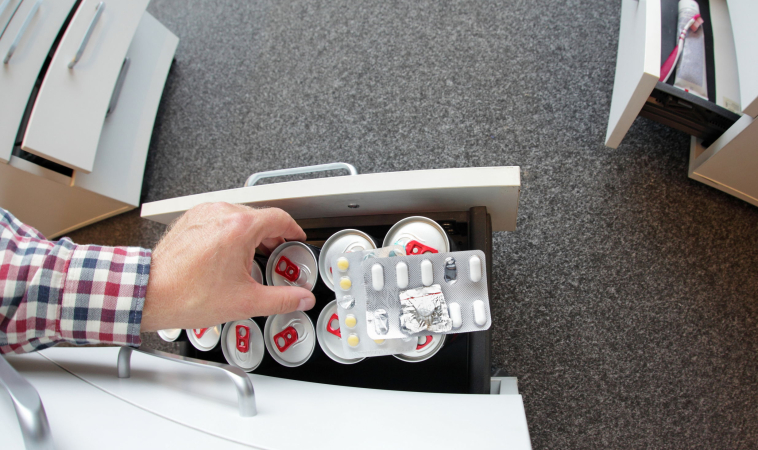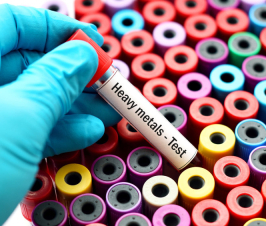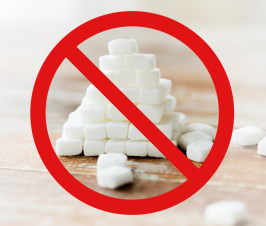Not in everyone, but in those with an increased risk of current cardiovascular disease, energy drinks may not be a good idea. A team of researchers has recently found that consumption of a single energy drink can decrease the diameter of blood vessels by an average of 50 percent.1 As vasculature narrows, the blood supply to end organs is also diminished, which can lead to a myriad of concerning symptoms and pathological processes, including heart attack and stroke. The thought is that the combination of caffeine and sugar are responsible for this effect. Within 90 minutes, an individual could be at significantly higher risk for a cardiac event after drinking an energy drink.
Previous research reflects these beverages to be associated with nerve and stomach issues
Previous research has shown that these beverages are associated with nerve and stomach issues and can also cause heart problems. High consumption of them also is linked to metabolic disorders. This research is the first study to show the mechanism by which this harm may occur.
Study looked at 44 students in their 20s
The study looked at 44 students in their 20s. The participants were all non-smokers and generally considered healthy. The endothelium was tested in this study. An examination was given to each participant to assess endothelial function before a 24-oz energy drink was consumed. After 90 minutes endothelial function was assessed again. Ultrasound was also used to determine arterial blood flow, diameter of arteries and overall vascular health.
At the 90-minute mark
At the 90-minute mark, the diameter of the arteries were seen to diminish by 50% on average. The effect was thought to be due to the high levels of caffeine, taurine and sugar in the drinks.
Primary agent of this effect was found to be sugar
The primary agent of this effect was found to be sugar. A 12 oz can of Red Bull, for instance, contains over 9 teaspoons of sugar. Such extreme amounts of sugar can cause blood vessels to contract. Also, caffeine can cause blood vessels to contract by supporting the release of adrenaline. Energy drinks contain around 80mg of caffeine per 250ml (about the amount of 2.5 cans of cola).
“It is important to study the effects of these drinks on those who frequently drink them…”
Dr John Higgins, the study leader, said, “As energy drinks are becoming more and more popular, it is important to study the effects of these drinks on those who frequently drink them and better determine what, if any, is a safe consumption pattern.”
 Razi Berry is the founder and publisher of the journal Naturopathic Doctor News & Review that has been in print since 2005 and the premier consumer-faced website of naturopathic medicine, NaturalPath. She is the host of The Natural Cancer Prevention Summit and The Heart Revolution-Heal, Empower and Follow Your Heart, and the popular 10 week Sugar Free Summer program. From a near death experience as a young girl that healed her failing heart, to later overcoming infertility and Chronic Fatigue Syndrome and Fibromyalgia through naturopathic medicine, Razi has lived the mind/body healing paradigm. Her projects uniquely capture the tradition and philosophy of naturopathy: The healing power of nature, the vital life force in every living thing and the undeniable role that science and mind/body medicine have in creating health and overcoming dis-ease. Follow Razi on Facebook at Razi Berry and join us at Love is Medicine to explore the convergence of love and health.
Razi Berry is the founder and publisher of the journal Naturopathic Doctor News & Review that has been in print since 2005 and the premier consumer-faced website of naturopathic medicine, NaturalPath. She is the host of The Natural Cancer Prevention Summit and The Heart Revolution-Heal, Empower and Follow Your Heart, and the popular 10 week Sugar Free Summer program. From a near death experience as a young girl that healed her failing heart, to later overcoming infertility and Chronic Fatigue Syndrome and Fibromyalgia through naturopathic medicine, Razi has lived the mind/body healing paradigm. Her projects uniquely capture the tradition and philosophy of naturopathy: The healing power of nature, the vital life force in every living thing and the undeniable role that science and mind/body medicine have in creating health and overcoming dis-ease. Follow Razi on Facebook at Razi Berry and join us at Love is Medicine to explore the convergence of love and health.

















